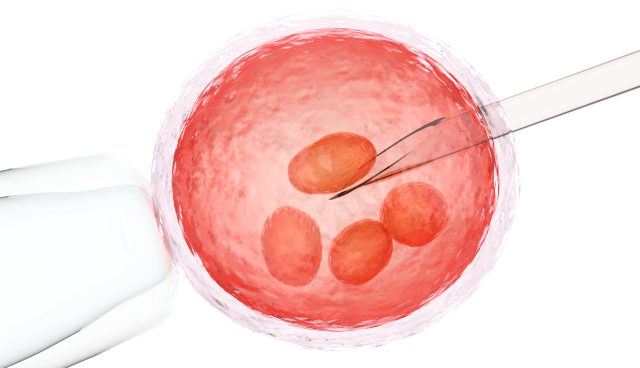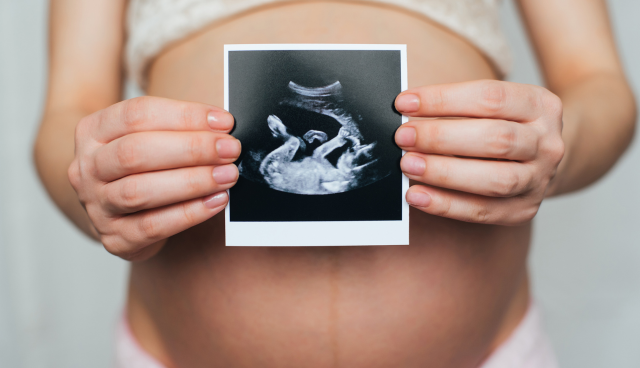
How Many Injections for IVF Treatment?
Why Injections Are Given in IVF?
- Stimulating Multiple Eggs – Injections contain follicle stimulating hormone (FSH) to make ovaries produce multiple mature eggs rather than just one per cycle. This provides more targets for fertilization and improves success rates.
- Synchronizing Development – Injections synchronize your egg growth with your partner’s scheduled sperm sample collection for the fertilization stage.
- Timing Retrieval – Hormones precisely time final egg maturation to plan the retrieval procedure right before ovulation occurs. This ensures eggs can be collected at peak maturity.
Overall, injections offer a major advantage in providing the ovary control needed for a well-timed, well-orchestrated IVF treatment cycle.
Step-By-Step Process of an IVF Cycle
- Ovarian Stimulation
- Self-administer injectable FSH drugs for 8-14 days
- Stimulates multiple follicles containing mature eggs
- Dosage customized based on age, AMH levels, prior response
- Final Oocyte Maturation
- Trigger shot of hCG hormone given 36 hours pre-retrieval
- Matures eggs, preparing for release from follicles
- Egg Retrieval
- Eggs collected transvaginally under ultrasound guide
- Anesthesia used for comfort during 15-30 minute procedure
- Fertilization
- Eggs and sperm combined in embryology lab
- Successful fertilization forms embryos
- Embryo Transfer
- 1 or more embryos transferred to the uterus
- Hopeful implantation establishes pregnancy
Step 1: Fertility Injections Protocol
- Follicle Stimulating Hormone (FSH) Injections
- FSH stimulates growth of ovarian follicles containing eggs
- Typical protocols administer FSH injections once daily
- Started on cycle day 2-3 and continued for 8-14 days on average
- Dosage individualized based on factors like ovarian reserve
- May use combination of FSH products to improve efficacy
- Ongoing monitoring tracks follicle development via ultrasound
- Potential Addition of Luteinizing Hormone (LH)
- Might supplement FSH with low-dose LH injections
- Especially helpful for women over 35 or those with low LH levels
- Utilizes natural synergistic role LH plays in follicle growth
- Final Oocyte Maturation Trigger Injection
- hCG injection given approx 36 hours before egg retrieval
- Matures eggs and triggers impending ovulation
- Crucial for precise timing of egg release from follicles
Throughout ovarian stimulation injections, your IVF team will monitor you very closely with frequent bloodwork and ultrasounds to track follicle growth and hormone levels. This allows them to time the hCG trigger injection exactly right for peak egg maturity and retrieval success.
Potential Side Effects of IVF Injections
While generally well-tolerated, IVF injections can cause some unpleasant side effects, including:
- Abdominal bloating and pressure
- Breast tenderness
- Irritability, mood swings
- Headaches, fatigue
- Nausea
- Ovarian hyperstimulation syndrome (rare but serious overresponse)

Are IVF Injections Painful?
Some tips to make your injection experiences even smoother include:
- Use an ice pack to numb the skin beforehand
- Have your partner help with the injection process
- Inject slowly – no need to rush
- Vary your shot locations around the abdomen
- Administer shots after meals or before bedtime
- Apply gentle pressure with a cotton ball post-injection
While the needles may seem intimidating at first, keep your eye on the prize during this short phase! The few moments of pricking and plunging are well worth it for the chance to achieve your dream of building a family through IVF treatment.
